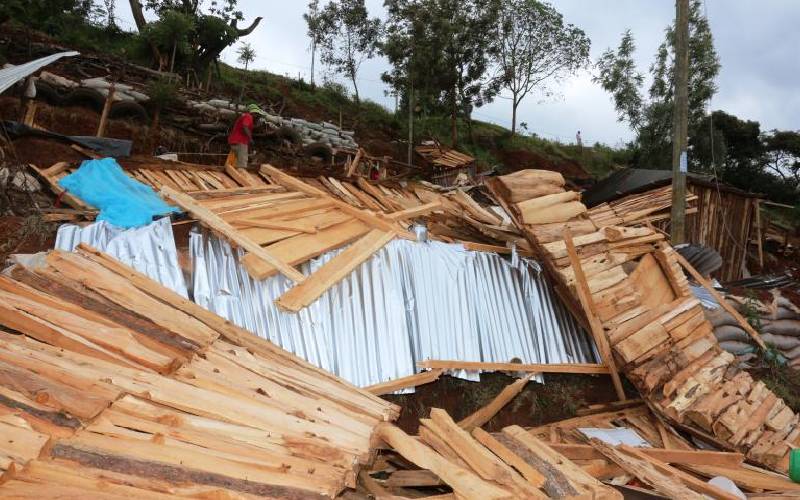×
The Standard e-Paper
Kenya’s Boldest Voice

The Supreme Court has ruled that where persons illegally occupy public land, they also acquire protectable rights to housing. [File]
The Government could face a hefty fine over the eviction of more than 15,000 residents, who had erected informal houses on a 404-acre land near Wilson Airport.